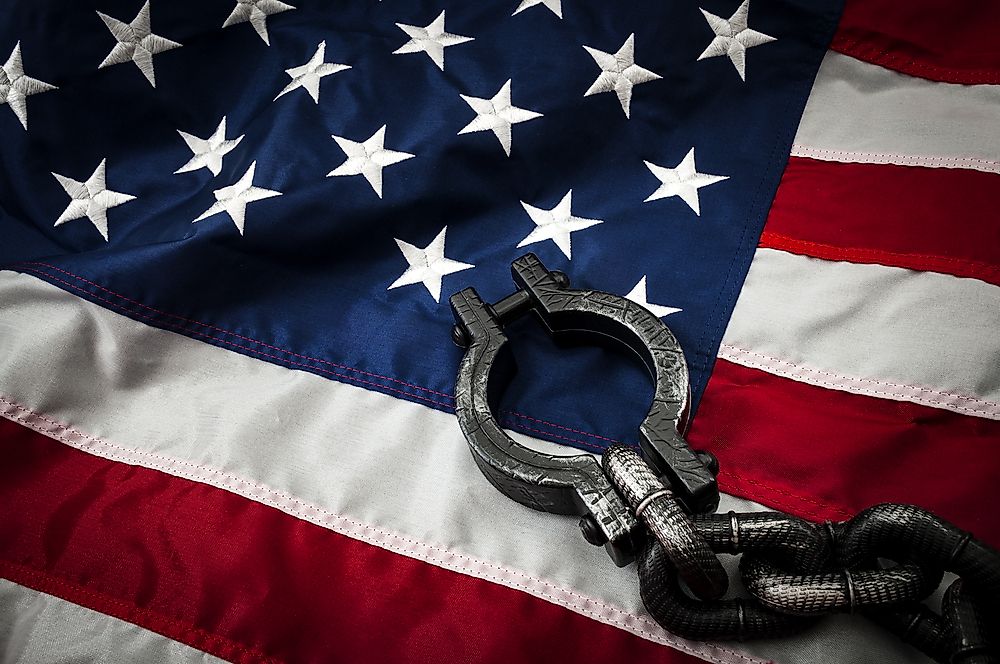What is Systemic Racism?

Sociologist Joe Feagin, in his book "Racist America: Roots, Current Realities, & Future Reparations", developed the Systemic Racism theory and summarized it as racism in all the social, political, and economic institutions, structures, and social relationships within a society. Scholars like Oliver Cox, Frederick Douglass, Anna Julia Cooper, W.E.B. Du Bois, and Kwame Ture supported the research and development of this theory. Feagin did comprehensive research and analysis that led to his conclusion that society's foundation, particularly that of American society, is racist in nature and manifests in institutions, practices, policies, ideas, and behaviors all of which favor the majority white population at the expense of other races. Though based on racist history in the US, this theory also explains how racism and other forms of ethnic marginalization functions all over the world.
Cost of Systemic Racism in the US
Because white people enjoy political, social, economic, and cultural power, they have certain privileges not available to People of Color (POC) as a. A majority of the white population also oppose US diversity programs within the education and employment sectors and often claim this is reverse racism. Slogans such as “Black Lives Matter” do not go unanswered as some members of the white population usually respond with slogans like “all lives matter” or “blue lives matter” without a background reason for the slogans. Systemic racism has repercussions for POC especially blacks which include; shorter lifespans, lesser income and wealth, limited access to quality education, limited political participation, inferiority complex and state-sanctioned killings by security organs among others. Worse still, whites still expect POC to carry the burden of proving racism even though whites contribute most to the vice. Upon providing proof, POC still have to bear the backlash of more accusations and excuses that follow.
Examples of Systemic Racism in the US Justice System
Although a politically controversial topic, there are overwhelming facts to support the notion that the US justice system is racist especially looking at the targeting and punishing of African-Americans. Looking at data on police stoppings, shootings, drug arrests, bailing process, legal representation, trial, sentencing, jury selection, freedom, and parole, a trend of biasness appears. On drug use, African-Americans constitute 13% of the population and 14% of drug users, but 37% of drug-related arrests and 56% of inmates of crimes relating to drugs. In New York, colored people make up 50% of the population but Latinos and Blacks make up over 80% of NYPD stops. In fact, in most US cities, Blacks are thrice likely to be arrested than whites. During a trial, African-Americans are more likely to be in prison as they wait for trial than whites and since most may not afford to hire lawyers, underpaid and undermotivated public defenders are more likely to defend such cases. Data from Alabama also indicates that a higher representation in the jury is white, especially in cases involving death penalty whereas US Sentencing Commission reported that blacks tend to receive 10% longer sentences than whites for the same crime. The US Bureau of Justice and Statistics indicated that 32% (one in three) of blacks, 17% of Latinos, and 6% of whites have a chance of being arrested. With a black-juvenile population of 16%, they represent 28% of arrests and 37% of inmates.











